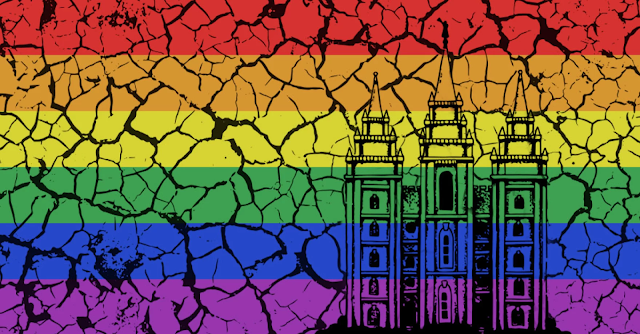 |
| Nicotiana tabacum, cultivated tobacco leaves and buds. |
The older I get, the more I think the actual wisdom behind the Word of Wisdom wasn't as a health code, even though that's how we've been billing it for decades now. Health concerns make sense as a justification for why not to consume alcohol and tobacco. But that logic doesn't necessarily hold for tea and coffee, and I've found that young people don't find those compelling enough as justifications.
I think it makes more sense when viewed through the lens of climate change and the prevention of human exploitation.
How much carbon capturing rain forest land has been destroyed forever for coffee plantations?
How much slave labor, historical and current, has gone into producing tea, hops, and barley?
I descend from a long line of tobacco growers in Virginia. I've seen the records of slave ownership that supported that industry in the American South up until emancipation. A lot of people remember cotton as the cash crop of the American South, when tobacco relied just as much on unpaid labor to produce. My family benefited from that slave labor to produce their tobacco. Refusing to use them, in my mind, is a form of reparations and penance for enslaving other human beings by acknowledging the harm and refusing to engage in it anymore.
Slavery for crop production is still happening today all over the world. Tobacco is a global industry that relies on modern slavery to produce profit. The same can be said for teas, hops, barley, and other ingredients that go into producing the products forbidden by the Word of Wisdom.
If we view the Word of Wisdom through the perspective of preventing human suffering and the proper care of our planet, the rationale behind not consuming alcohol, tobacco, tea, and coffee is nothing short of pure revelation. It's the action of a loving God seeking to prevent suffering in the world.
Abstaining from these things isn't just a social marker of religious identity. It's the acknowledgement that there is no ethical way to consume them in markets that use exploitation and abuse to produce profit. If there is no way to ethically consume them, then it makes sense why the law would be to forgo them entirely. And while these aren't the only products that fit this description, the Word of Wisdom teaches a principle we can then extend to other items with these same impacts, like cocoa beans and palm oil.
I don't think it's possible or necessary for God to reveal a complete list of products to avoid for us to learn how to prevent human suffering and to be careful, wise stewards of the earth that has been entrusted to our care. I like the Word of Wisdom much more as a guide on how to be an ethical consumer in a global economy rife with exploitation.
Do I need that as a justification to obey the precepts? No. But it's definitely more personally meaningful to me that way.





